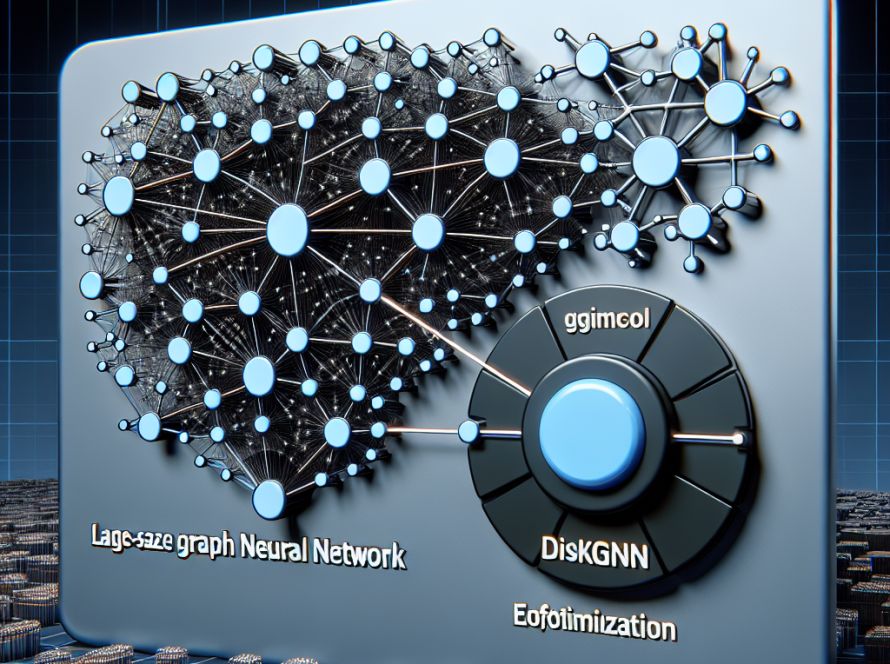As an area of Artificial Intelligence (AI), Reinforcement Learning (RL) enables agents to learn by interacting with their environment and making decisions that maximize their cumulative rewards over time. This learning approach is especially useful in robotics and autonomous systems due to its focus on trial and error learning. However, RL faces challenges in situations that demand higher levels of abstraction and reasoning, such as those posed by the Abstraction and Reasoning Corpus (ARC).
ARC, a benchmark that tests the abstract reasoning capabilities of AI, presents a vast action space where agents must perform a variety of pixel-level manipulations. This makes it challenging to develop optimum strategies and requires a deep understanding of task rules for the reward system design. Traditional approaches to ARC primarily focus on program synthesis and levering large language models. However, these techniques often struggle to keep up with the logical complexities involved in ARC tasks, leading researchers to explore and consider reinforcement learning as a promising alternative method.
Recognizing these challenges, researchers from the Gwangju Institute of Science and Technology and Korea University developed ARCLE (ARC Learning Environment), a specialized RL environment designed to support research on ARC. Using the Gymnasium framework, ARCLE provides structured learning environments for RL agents to interact with ARC tasks. This software comprises key components including environments, loaders, actions, and wrappers that encourage the learning process by providing additional functions.
The research demonstrated that RL agents trained within ARCLE can successfully learn individual tasks using proximal policy optimization (PPO), enhanced with non-factorial policies and auxiliary losses. These enhancements were found to substantially improve performance, mitigate issues related to task complexity, and navigate the vast action space effectively. For instance, PPO-based agents with auxiliary loss functions predicting previous rewards, current rewards, and next states achieved a high rate of success in solving ARC tasks.
ARCLE’s introduction represents a significant stride in advancing RL strategies for complex reasoning tasks, pointing to the potential for AI improvements in reasoning and abstraction capabilities. By creating a dedicated RL environment specifically for ARC, researchers have provided a platform for testing advanced techniques such as meta-RL, generative models, and model-based RL, pioneering a way to develop AI entities that can learn, reason, and abstract effectively.
This research invites the larger RL community to explore ARCLE, potentially ushering in new advancements in AI research. The development of ARCLE is a significant contribution to the broader goal of creating more efficient and advanced AI models.


